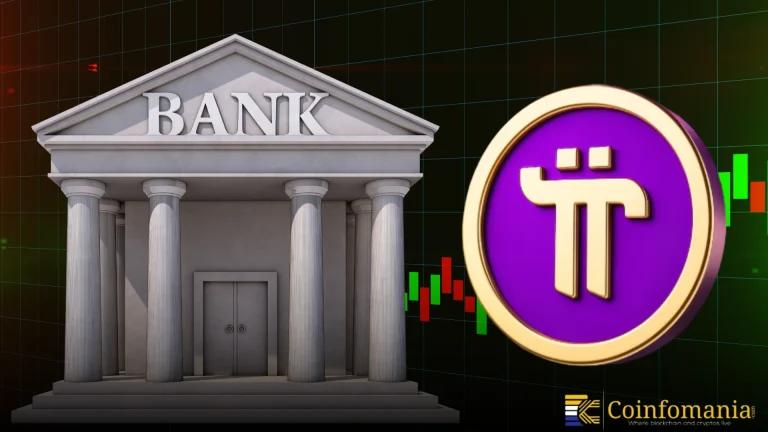U.S. Treasury Sanctions Philippines’ Funnull Technology, Exposing Crypto Scam Infrastructure and International Regulatory Challenges
U.S. Treasury sanctions Philippines’ Funnull Technology for enabling $200M crypto scams, highlighting global regulatory challenges and the need for international cooperation.

Quick Take
Summary is AI generated, newsroom reviewed.
U.S. Treasury sanctioned Philippine company Funnull Technology for crypto scam support.
Funnull enabled “pig butchering” scams defrauding victims of $200 million.
Case exposes weaknesses in international crypto law enforcement and regulation.
Sanctions increase pressure on Southeast Asian regulators for stricter crypto oversight.
U.S. Treasury’s Crackdown Highlights Growing Threat of Global Crypto Scam Networks
On May 29, 2025, the U.S. Department of the Treasury imposed sanctions on Funnull Technology Inc., a Philippine-based firm. The company is accused of providing critical infrastructure for “pig butchering” crypto scams. These scams have defrauded investors worldwide of an estimated $200 million. Funnull’s platform reportedly hosted fraudulent investment schemes that exploited victims’ trust in cryptocurrency.
This unprecedented move reflects increasing U.S. efforts to disrupt international crypto crime. Officials warn that Funnull’s role as a technology enabler reveals a complex web of actors behind global crypto fraud. The sanctions target Funnull’s founders and restrict their access to the U.S. financial system, signaling stronger cross-border cooperation against crypto crime.
Broader Implications for Crypto Regulation and Cross-Border Enforcement
The sanction against Funnull Technology underscores critical gaps in international crypto regulation. Experts say many jurisdictions struggle to track and prosecute digital financial crimes. Funnull’s activities highlight how emerging technologies can be misused to facilitate large-scale fraud across borders.
This case also pressures Southeast Asian regulators to strengthen oversight of crypto companies. The Philippines’ regulatory agencies have faced criticism for slow responses to scams operating domestically and internationally. The U.S. Treasury’s action could spur reforms focused on transparency, due diligence, and tighter controls over crypto infrastructure providers.
As crypto adoption grows globally, this crackdown sends a clear warning: illicit actors exploiting digital finance will face coordinated international resistance. It sets a precedent for future sanctions and increased collaboration among law enforcement agencies worldwide.
References
Follow us on Google News
Get the latest crypto insights and updates.


